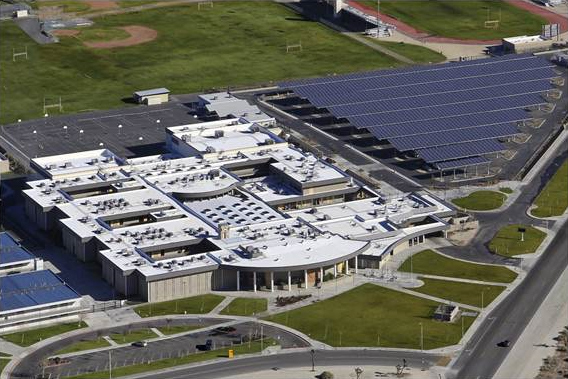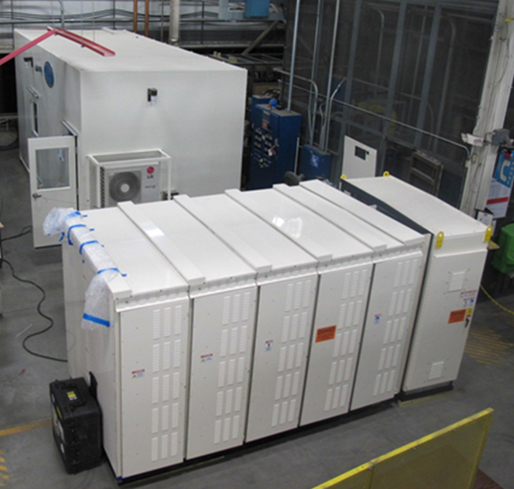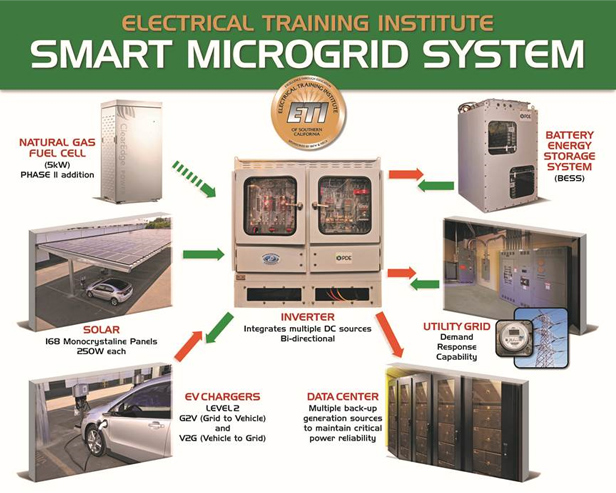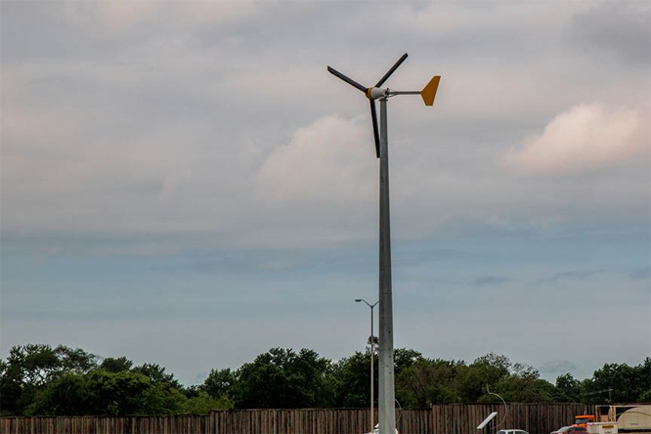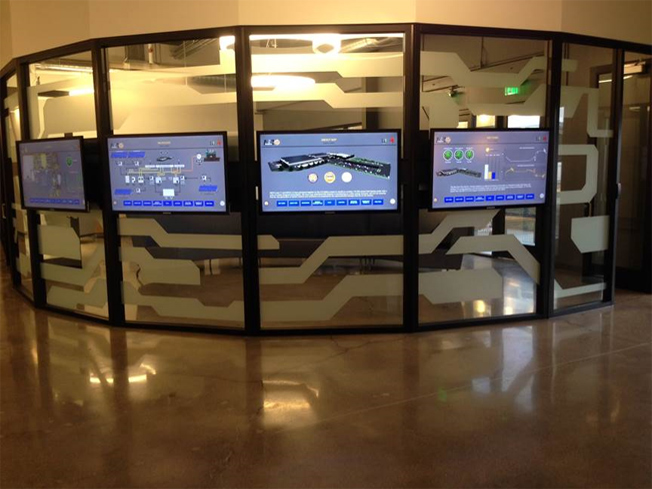ENERGY TECHNOLOGIES
IBEW/NECA design, engineer, install and maintain the following technologies. IBEW/NECA can help you identify the optimal solution for your objectives.
- Solar: including utility-scale, rooftop, shade-structures and residential.
- Storage: Captured energy to be deployed at a later time. This comes in a variety of forms: battery, pumped, ice, etc.
- Microgrids: IBEW/NECA are deploying and maintaining microgrids all over the world including at military installations and remote locations.
- Electric Vehicle Charging Stations: Charging stations are not as simple as installing a dryer outlet. These are complex electrical systems that can pull a continuous load of up to 500 volts. This requires safety and experience. Electric Vehicle Charging Stations are increasingly being linked to other sustainable energy systems including solar, storage and microgrids.
- Hydrogen: IBEW/NECA is a founding member of Alliance for Clean Energy Hydrogen Systems (ARCHES) and has been involved in every aspect of its development including developing clean hydrogen training and codes and standards. Clean H2 can supplement renewable energy sources to reduce greenhouse gas emissions and advance a zero-carbon economy. IBEW/NECA is leading the electrical industry in this emerging sector.
- Fuel Cells: Convert the chemical energy of a fuel into electricity through an electrochemical reaction of hydrogen fuel with oxygen or another oxidizing agent. Fuel cells are different from batteries in requiring a continuous source of fuel and oxygen.
- Wind: Wind turbines harness air currents and convert them to emissions-free power.
- Cogeneration/Combined Heating and Power: The combined generation of heat and power. It is not a single technology, but an integrated energy system. Cogeneration involves producing power from a single source and capturing the excess heat which would have otherwise been wasted.
- Solar Thermal: A form of energy and a technology for harnessing solar energy to generate thermal energy or electrical energy for use in industry, and in the residential and commercial sectors.
- Geothermal: Heat from the earth can be used as an energy source in many ways.
- Energy Efficiency: Including technologies like building automation systems, lighting controls, lighting retrofits, wireless communications, data management, building envelope solutions, variable frequency drives, cool roofs, plug load strategies, etc.
